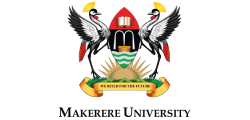Our Sponsors





With increasingly intensifying heavy cyclones as well as longer lasting droughts the impact of climate change in the Horn of Africa is real and charting to unknown terrain. Furthermore, the region’s unique geographical locations and climate conditions add to the vulnerability of the damaging effects of climate change. In general, climate change effects the region as follows:
Against this background, the region becomes prone to further conflict as communities start to migrate looking for greener pastures. Despite such clear warning signs, this important matter of climate change receives little attention locally. Therefore, our next Rako Research seminar aims to give this critical topic the attention it deserves and brings together environmental experts, community leaders, policy makers, media and academics to tackle the issue of climate change and offer practical ways to mitigate its impact.









